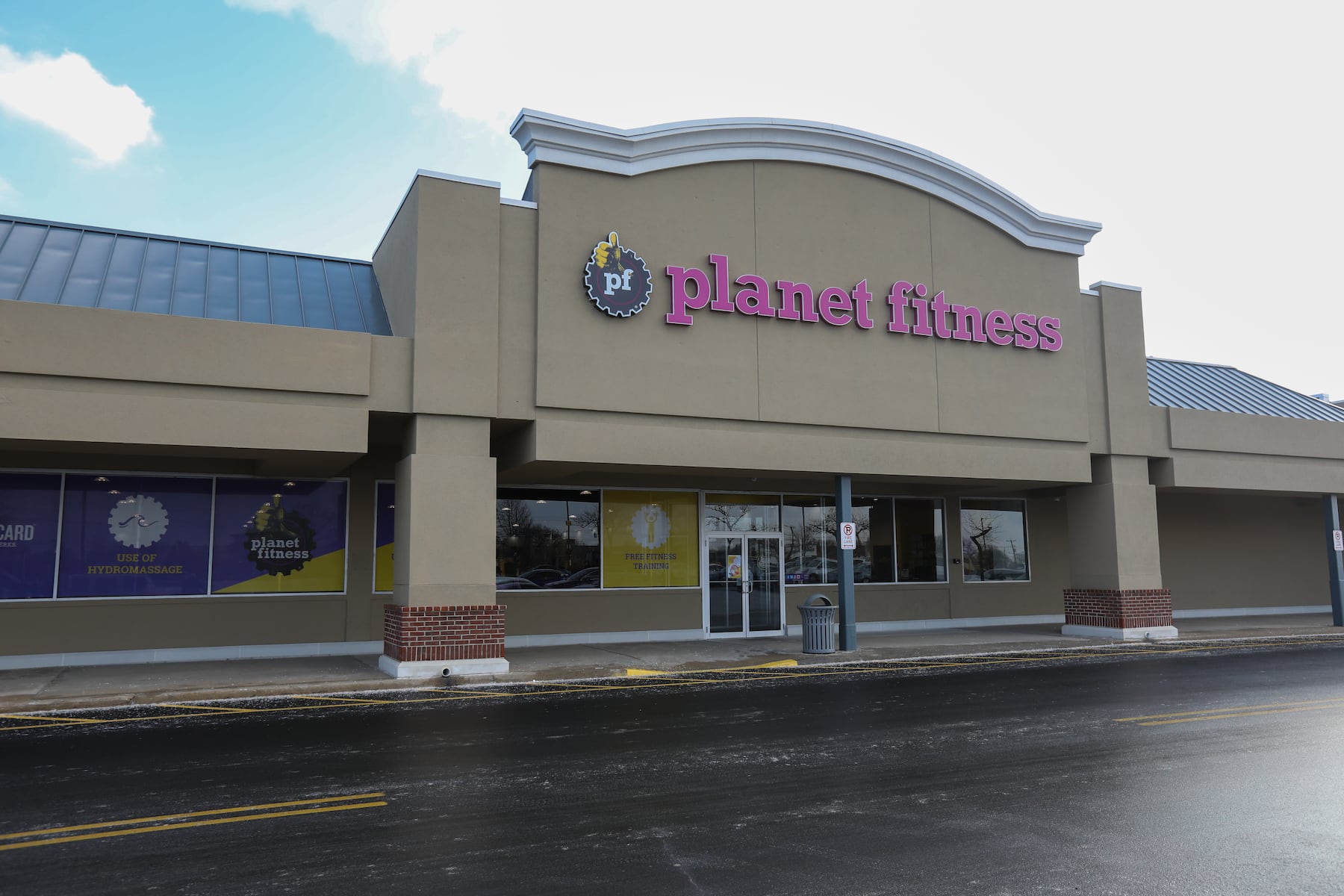
New Mexico’s legislators are preparing for a special session called by Gov. Michelle Lujan Grisham to address pressing issues related to food assistance and health care funding. The session will consider a range of measures in response to significant changes in federal funding that could impact state programs such as the Supplemental Nutrition Assistance Program (SNAP) and Medicaid.
Kari Armijo, the Cabinet Secretary of the New Mexico Health Care Authority, emphasized the need for proactive planning in light of these federal changes. The recent multitrillion-dollar budget reconciliation bill, signed into law in July, is expected to result in reduced federal support for essential services. Among its provisions are cuts to Medicaid and SNAP, which could have far-reaching consequences for New Mexico residents.
The alterations to SNAP are particularly concerning, as the program served nearly 460,000 individuals in New Mexico as of August, accounting for over 20% of the state’s population. The Health Care Authority estimates that the state could lose up to $203 million in federal funds, primarily due to a decrease in SNAP administrative support and new cost-sharing requirements. Reductions in SNAP benefits may begin as soon as November, further jeopardizing food security for vulnerable families.
The impact of these cuts extends beyond individuals enrolled in SNAP. An estimated 1,700 grocery stores, farmers markets, and convenience stores across New Mexico may collectively lose more than $1 billion in revenue. This decline could threaten the jobs of over 17,000 New Mexicans, according to the Health Care Authority. As Jill Dixon, Executive Director of The Food Depot, pointed out, SNAP is essential in providing food security, offering nine meals for every meal served by food banks.
In response to the anticipated reductions in SNAP, lawmakers are expected to explore options to bolster food assistance programs during the special session. The estimated cost for these initiatives may reach $60 million. Additionally, the Health Care Authority is advocating for state funding to maintain supplemental SNAP payments for seniors and people with disabilities, providing crucial support for the most vulnerable populations.
The session will also prioritize funding for public broadcasting, which has faced significant challenges following federal budget cuts. The Corporation for Public Broadcasting announced it would reduce its operations after Congress voted in July to retract over $500 million from its annual budget. In New Mexico, public broadcasters like KSFR rely heavily on this funding, with estimates suggesting that 30%-40% of their revenue comes from the Corporation.
As Tazbah McCullah, General Manager of KSFR, noted, the special session will provide essential breathing room for planning and adapting to the changing financial landscape. Lawmakers are considering an allocation of $5.8 million to bridge the funding gap created by federal cuts, a decision that some state House Republicans have criticized. Despite these concerns, Democratic leaders stress the vital role of public broadcasting in delivering emergency notifications and information to the public.
In addition to food assistance and broadcasting, lawmakers are likely to examine health insurance premiums for self-employed individuals and small business owners enrolled in BeWell New Mexico, the state’s health insurance marketplace. Under the recent federal budget reconciliation measure, tax credits for families earning above 400% of the federal poverty level are set to expire at the end of 2025. This could lead to a substantial increase in health insurance costs, particularly as individual plans are projected to see premiums rise by nearly 36% in 2026.
Without action, the Health Care Authority predicts that approximately 27,000 patients—nearly 37% of marketplace consumers—could lose their coverage due to the combination of rising costs and expiring tax credits. This potential fallout underscores the urgency for lawmakers to provide approximately $17 million in subsidies to support these families.
Lastly, the Health Care Authority anticipates a significant increase in its workload due to the new federal requirements for verifying SNAP and Medicaid enrollees’ eligibility every six months instead of annually. A Legislative Finance Committee analysis suggests that lawmakers may allocate an additional $25 million to enhance the agency’s administrative capabilities and information technology systems.
As the special session approaches, the stakes are high for New Mexico’s food assistance programs, health care access, and public broadcasting. With the potential for widespread impacts on the state’s most vulnerable populations, lawmakers face the daunting task of crafting solutions that provide immediate relief while ensuring long-term stability.






